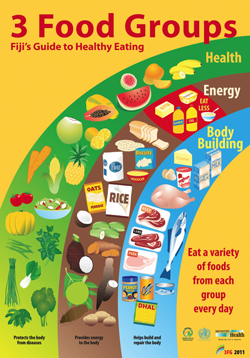PACIFIC ISLANDS HEALTH RESEARCH SYMPOSIUM 2014
Pacific Islands Health Research Symposium 2014 Theme: Broadening the Horizons in Health Research Date: 28-29th August 2014, Suva; Fiji Islands Call for Registration & Abstracts now open Closing Date for Abstracts: Monday 30th June 8:00am (Fiji Time) The Pacific Islands Health Research Symposium aspires to become an avenue that encourages Pacific Health Researchers to share…


